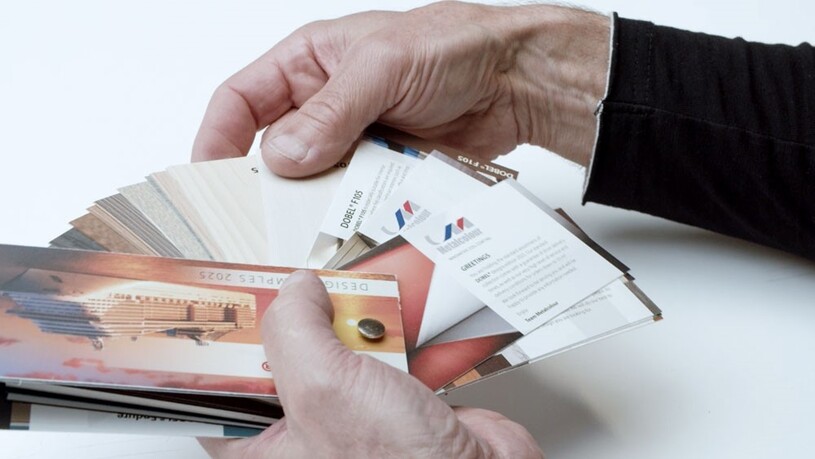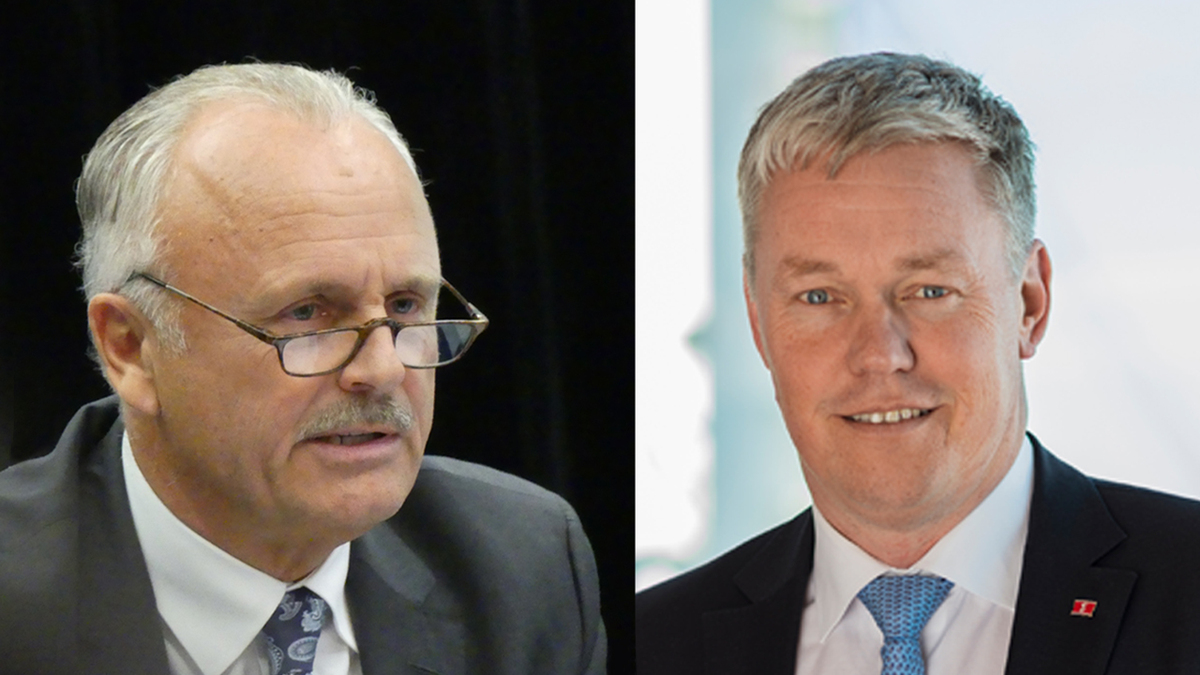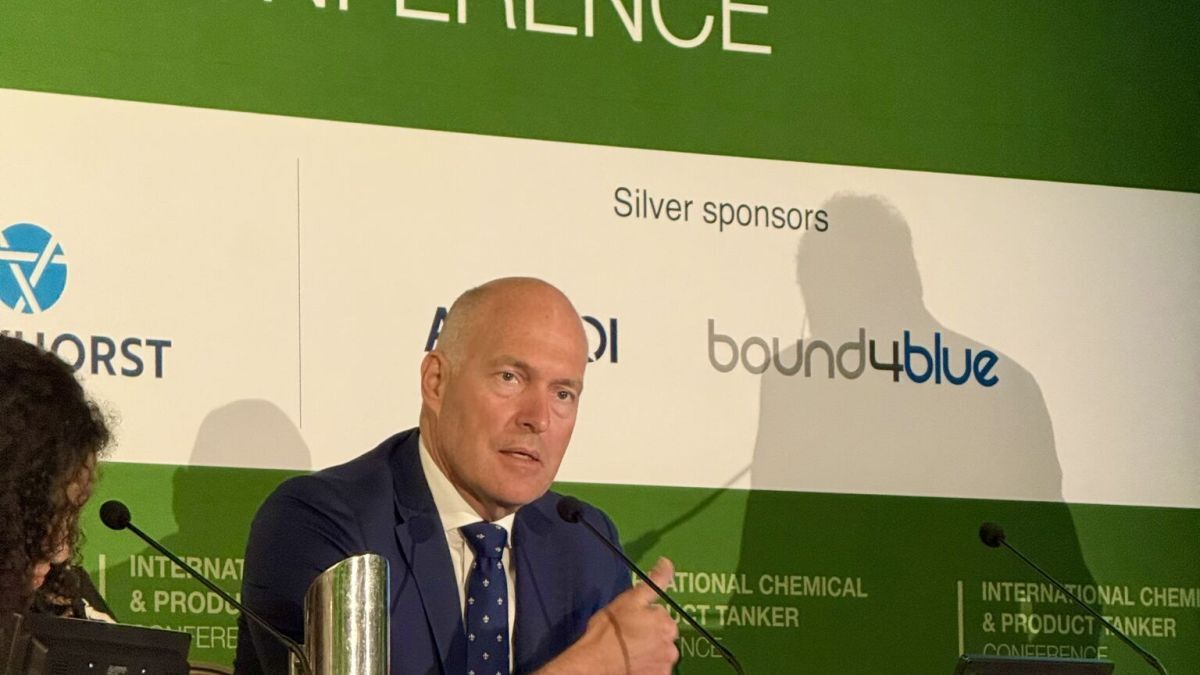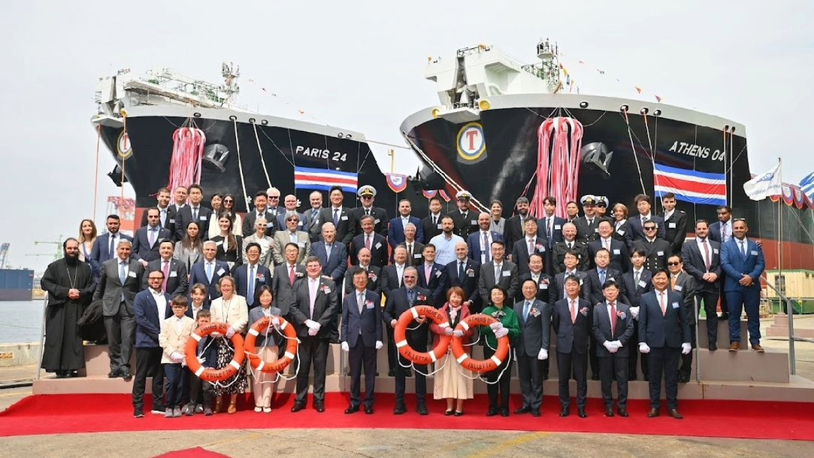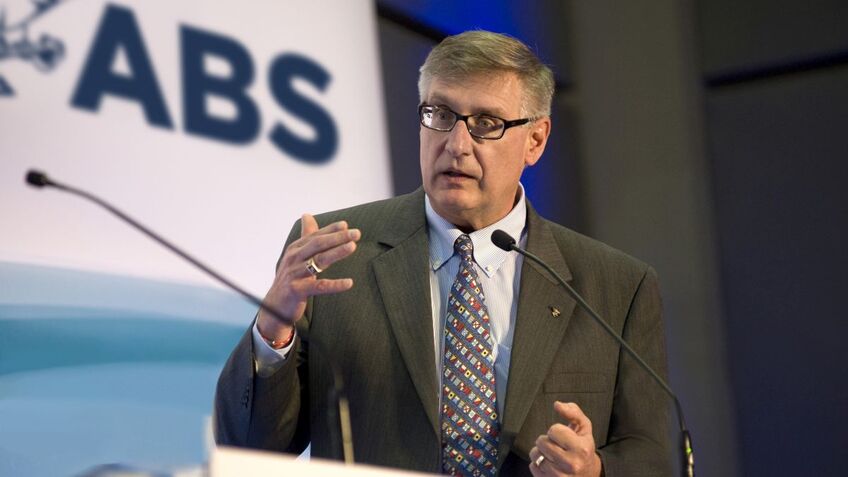Business Sectors
Events
Contents
Tanker age restrictions are killing innovation and environmental progress
Stena Bulk president Erik Hånell and Concordia’s chief executive Kim Ullman feel strongly about charterers discriminating against tankers of a certain age
In their opinion, the 15 and 20-year age restrictions will limit innovation crucial for reaching long-term environmental goals and reversing the global climate change crisis.
The tanker industry is facing major investments due to new regulations. This will accelerate as we search for technologies and fuels that will run our ships when more stringent emission standards become a reality in 2030 and 2050. What will these fuels be? LNG, bio-fuels, methanol dual-fuel, electricity, fuel cells or something even more innovative?
We don’t know yet. What we do know is there will be many steps in innovation and development to meet future regulations and time is limited.
It is a multi-billion-dollar question – and no shipowner will invest in technology for future legislation if earnings from these ships are torpedoed by a 15- or 20-year age limit.
A sustainable approach from a shipowner´s point of view is to build and maintain quality ships with a technical lifespan of 30 years and apply a financial model with a 25-year repayment perspective, which will enable flexibility and innovations for sustainable solutions to our industry.
Isn’t an age restriction an old way of managing the issues faced 20 years ago? The industry has developed a completely new set of measurements that controls safety and quality – age is a blunt instrument. It would be better for the industry to collaborate and for those needing tanker services to be part of the development of these measurements.
When an asset has a finite life, there is a natural tendency to wind down maintenance as the asset approaches the termination date. In this way, age restrictions actually compromise safety. We also claim these restrictions go against the sustainability trend in global society, as it takes a lot of energy and raw materials to produce a VLCC. This is not the holistic, sustainable solution voiced by young icons of the next generation.
Companies wanting to protect their image should listen to this growing movement rather than counteracting its good intentions by punishing ships in mint condition.
The responsibility for transitioning to new fuels must go way beyond developing new ship technology. Innovative shipowners must be supported by infrastructure that ensures new fuels are available on a large scale. This is as important in the tanker industry as it is for driving progress in other areas of our society.
We also need customers that recognise the long-term benefits of chartering existing ships; promoting sound repayment plans by using established quality tools – maintenance standards, inspection results and CAP ratings – instead of age restrictions.
Here is a challenging question to those who practise an age limit instead of focusing on quality and the way the ship is run:
What will the consequences be if the age limit stifles technology innovation so much, that in 20 or 30 years’ time there is a shortage of tonnage that complies with environmental standards, because investments did not take place due to an unhealthy financial environment?
Quality, safety, innovation and performance go hand-in-hand, while today’s age discrimination is an old-fashioned legacy deterring us from entering the future in a sustainable way.
We are all in the same boat and we will only solve the climate crisis by collaborating.
Related to this Story
Women in Maritime Today: Elin Saltkjel says no day working in maritime is dull
Events
Maritime Environmental Protection Webinar Week
Cyber & Vessel Security Webinar Week
The illusion of safety: what we're getting wrong about crews, tech, and fatigue
Responsible Ship Recycling Forum 2025
© 2024 Riviera Maritime Media Ltd.

